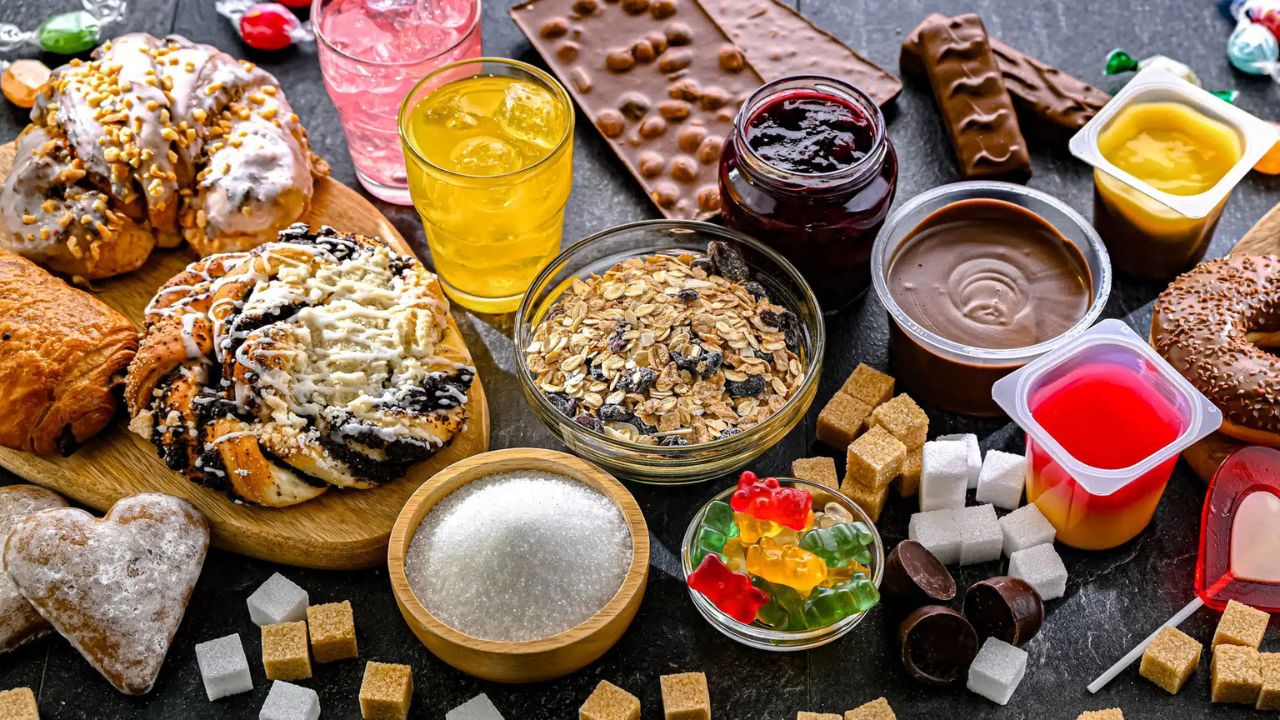 English
English

Can your daily diet secretly raise your blood sugar? Many common foods that seem harmless can spike glucose levels and worsen diabetes. Discover seven culprits to avoid and learn how simple choices can protect your health.

High blood sugar can lead to heart, kidney, and nerve damage.
High blood sugar, or hyperglycemia, occurs when the body cannot effectively use insulin or produce enough of it. Over time, this leads to diabetes, which can silently harm vital organs including the heart, kidneys, eyes, and nerves. Uncontrolled glucose levels can also cause fatigue, frequent urination, dehydration, and slower wound healing.
Managing blood sugar is not only about taking medication, it is about lifestyle discipline. Regular exercise, adequate hydration, and a balanced diet play the most crucial roles. While certain foods help stabilize sugar levels, others can trigger dangerous spikes. Avoiding these culprits can significantly improve overall health and energy.
Sodas, energy drinks, and packaged juices are loaded with refined sugar and empty calories. They cause a sudden surge in glucose levels followed by a rapid crash. Replacing them with water, unsweetened tea, or fresh lime water can help maintain stability throughout the day.
White bread, pasta, and pastries made from refined flour have a high glycemic index, which means they quickly turn into sugar once digested. Opt for whole-grain alternatives such as brown rice, multigrain bread, or oats to keep your blood sugar in check.
Fast foods, chips, and deep-fried snacks are high in trans fats and refined carbohydrates. They increase insulin resistance and contribute to weight gain. Grilled or baked foods with olive oil, vegetables, and lean protein are far better choices for diabetics.
Winter Special: Could these healthy soups become your go‑to for cold nights?
White rice is a staple in many diets, but it breaks down into glucose rapidly. Even a small serving can raise blood sugar levels. Switching to brown rice, quinoa, or millets provides fiber and essential nutrients while preventing sudden spikes.
Many breakfast cereals marketed as “healthy” are actually packed with hidden sugars. Starting your day with such options can lead to elevated glucose early in the morning. Choose sugar-free oatmeal, boiled eggs, or whole-grain porridge instead.
Could your fridge be spoiling your food? Stop refrigerating these 10 items
Cakes, cookies, and pastries contain high levels of sugar, butter, and refined flour. These ingredients collectively push glucose levels up and add unnecessary calories. Fresh fruit or dark chocolate in moderation can satisfy cravings without harming your sugar balance.
Cream, cheese, and full-fat milk contain saturated fats that can worsen insulin resistance and raise cholesterol. Switching to low-fat milk, yogurt, or plant-based alternatives like almond milk can benefit both sugar and heart health.
Managing diabetes involves a combination of smart eating habits and consistent physical activity. Portion control, regular monitoring of glucose levels, and maintaining a healthy body weight are essential. Including fiber-rich foods, vegetables, nuts, and lean proteins in your meals supports stable energy levels and prevents sugar spikes.
Most importantly, discipline and awareness go a long way. Small daily changes like walking after meals, staying hydrated, and cutting down on sugar, can make a big difference in preventing complications and improving quality of life.